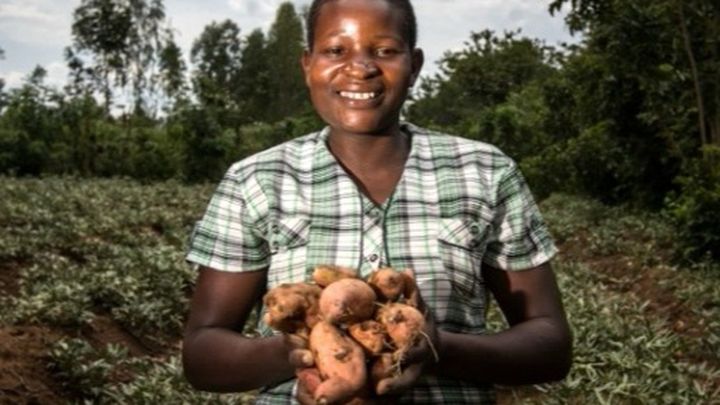
Emmy's Empathy
Donation protected
More than 30% of Ugandans live on less than 1 USD (UGX 3,500) a day, and 75% live on subsistence farming despite the country receiving hundreds of millions of dollars every year in foreign aid. Further exacerbating the issue is the widespread corruption that prevents a large portion of that money from ever reaching the intended households.
As the ancient Chinese proverb goes: "Give a Man a Fish, and You Feed Him for a Day. Teach a Man To Fish, and You Feed Him for a Lifetime." Traditional aid plays an important role in solving short term issues, but the system isn't sustainable and poverty remains a critical issue.
While visiting Uganda in 2014, I witnessed some of the most impoverished communities in the country. I met an individual named Emmy who spoke passionately about how his community yearned for a better life if given the opportunity. From that day a friendship was built around this shared goal. He noted that demand for chicken eggs exceeded market supply. When I returned home, he prepared a business plan to show how the venture could succeed. He identified five families who were eager to work hard and run the business. I loaned them the money to finance the business, and within two years they had repaid the entire loan. They now have 100% equity of a thriving business that's freeing them from the shackles of poverty.
Three years later and we're ready to move in a new direction: agriculture. The backbone of Uganda’s economy, agriculture contributes almost 90% of Uganda’s economy and household income. But this time we're dreaming bigger. Our goal is to have 120 households involved in this program in the next five years. Here's how it works.
My friend Emmy will identify the first 20 households from the Kabale district of Uganda to participate. The capital will allow them to purchase seedlings, fertilizer and other necessary inputs to reap a successful harvest. After the second harvest (two per year is common in Uganda), the households will provide the next participating families Emmy selects with the same resources of seedlings, fertilizer etc to begin their planting. So while this isn't a loan that's repaid, the ripple effect creates a sustainable model where 1 investment continues to be re-invested without additional capital required.
My hope is that you'll join me on this journey to change the lives forever of these families whose only request is they be given the opportunity to create a better life.
Forever Grateful,
Matt Lally
As the ancient Chinese proverb goes: "Give a Man a Fish, and You Feed Him for a Day. Teach a Man To Fish, and You Feed Him for a Lifetime." Traditional aid plays an important role in solving short term issues, but the system isn't sustainable and poverty remains a critical issue.
While visiting Uganda in 2014, I witnessed some of the most impoverished communities in the country. I met an individual named Emmy who spoke passionately about how his community yearned for a better life if given the opportunity. From that day a friendship was built around this shared goal. He noted that demand for chicken eggs exceeded market supply. When I returned home, he prepared a business plan to show how the venture could succeed. He identified five families who were eager to work hard and run the business. I loaned them the money to finance the business, and within two years they had repaid the entire loan. They now have 100% equity of a thriving business that's freeing them from the shackles of poverty.
Three years later and we're ready to move in a new direction: agriculture. The backbone of Uganda’s economy, agriculture contributes almost 90% of Uganda’s economy and household income. But this time we're dreaming bigger. Our goal is to have 120 households involved in this program in the next five years. Here's how it works.
My friend Emmy will identify the first 20 households from the Kabale district of Uganda to participate. The capital will allow them to purchase seedlings, fertilizer and other necessary inputs to reap a successful harvest. After the second harvest (two per year is common in Uganda), the households will provide the next participating families Emmy selects with the same resources of seedlings, fertilizer etc to begin their planting. So while this isn't a loan that's repaid, the ripple effect creates a sustainable model where 1 investment continues to be re-invested without additional capital required.
My hope is that you'll join me on this journey to change the lives forever of these families whose only request is they be given the opportunity to create a better life.
Forever Grateful,
Matt Lally
Organizer
Matt Lally
Organizer
Chicago, IL